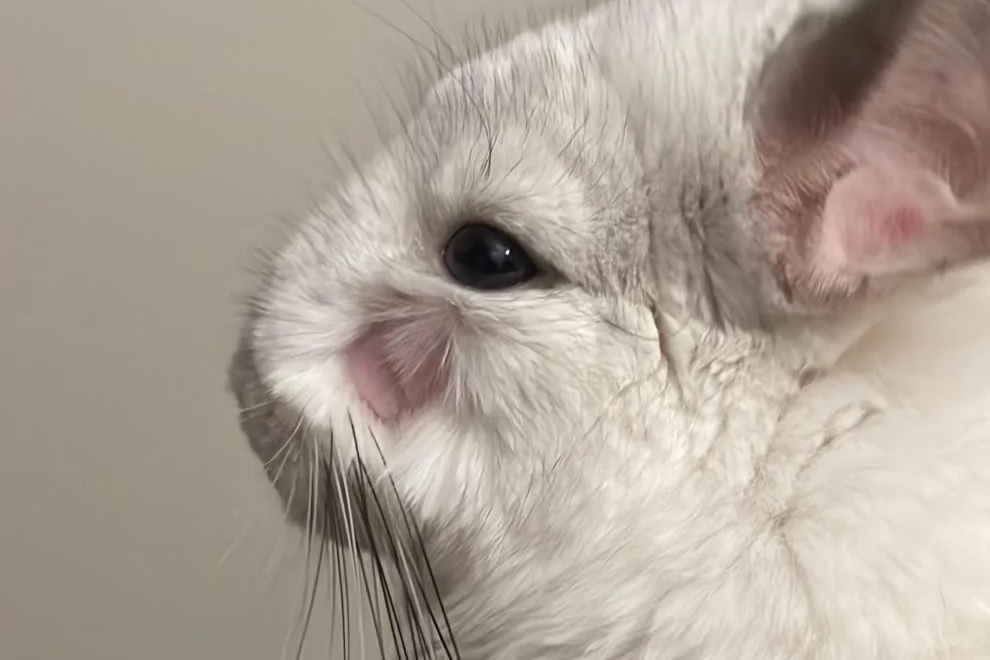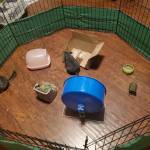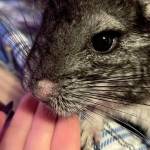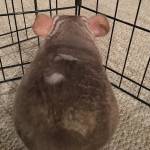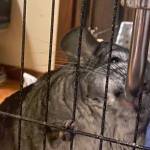Chinchillas are adorable, furry creatures that require special care to maintain their health and well-being. Unfortunately, one common problem that chinchilla owners encounter is fur loss. There are several reasons why a chinchilla may experience hair loss, and it’s essential to identify the cause to provide proper treatment. In this article, we’ll explore some of the potential causes of fur loss in chinchillas, including ringworm, fungal infections, and fur slip.
Chinchillas and Ringworm
Ringworm is a highly contagious fungal infection that can affect both humans and animals, including chinchillas. Despite its name, ringworm is not caused by worms but by a type of fungus called dermatophytes. This fungus can survive on the skin, hair, and nails of infected animals and can easily spread to other chinchillas through direct contact or contact with contaminated objects.
Symptoms of ringworm in chinchillas include hair loss, scaly skin, redness, and itching. The affected area may appear circular and raised, hence the name “ringworm.” If left untreated, ringworm can lead to more severe skin infections, making it crucial to identify and treat the condition as soon as possible.
To prevent ringworm, chinchilla owners should keep their pets in a clean and hygienic environment. Regularly cleaning the chinchilla’s cage, toys, and other accessories can help reduce the risk of infection. Additionally, chinchillas should not come into contact with other animals, especially those with known ringworm infections. If a chinchilla shows signs of ringworm, it is best to seek veterinary care for proper diagnosis and treatment.
Chinchillas and Fungal Infections
Fungal infections can also cause hair loss in chinchillas. Like ringworm, these infections are caused by fungi that can live on the skin, hair, and nails of affected animals. Fungal infections can be caused by a variety of factors, including poor hygiene, stress, and a weakened immune system.
Symptoms of fungal infections in chinchillas include hair loss, scaly skin, and a dull coat. In some cases, the chinchilla may develop crusty lesions on the skin. To prevent fungal infections, chinchilla owners should keep their pets in a clean and hygienic environment and avoid exposing them to stressors that could weaken their immune systems.
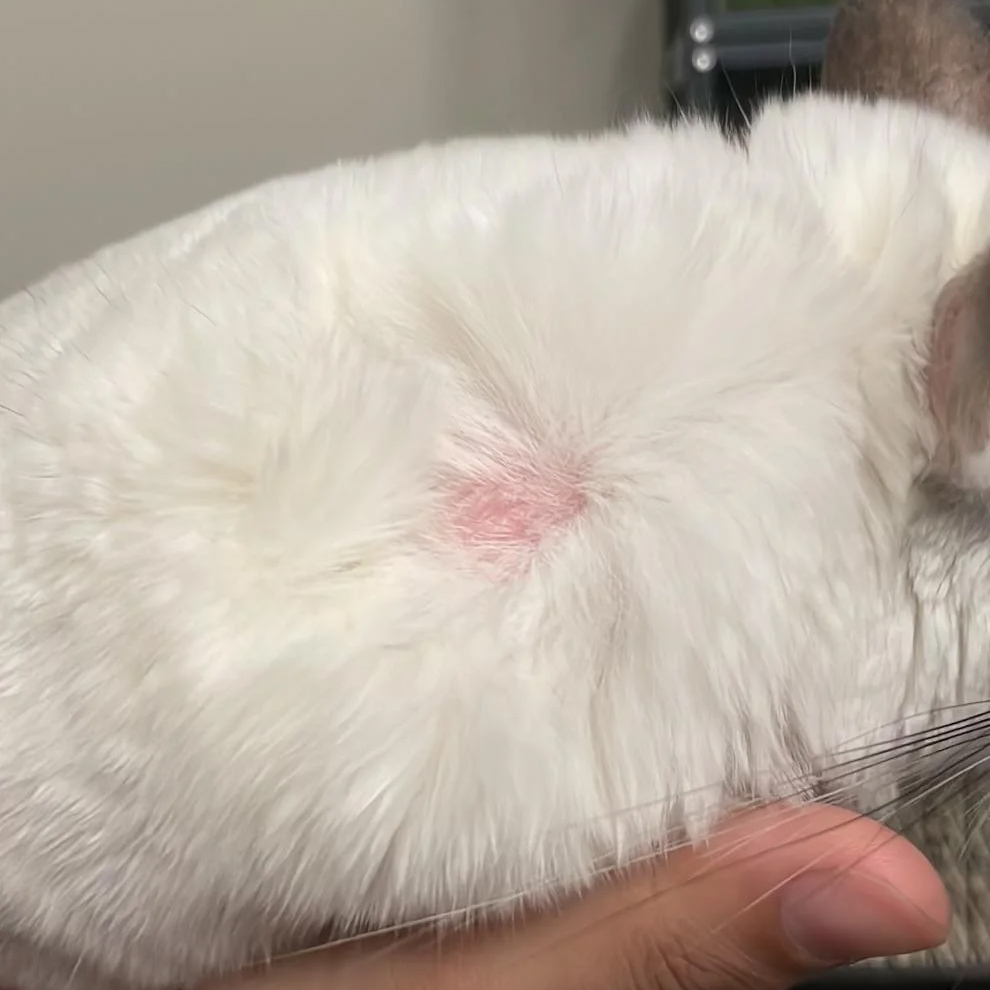
Treatment for fungal infections typically involves antifungal medications, which can be prescribed by a veterinarian. In severe cases, the chinchilla may need to be treated with oral antifungal medication, as topical treatments may not be effective. It’s essential to follow your veterinarian’s instructions carefully and complete the entire course of treatment to ensure the infection is fully eradicated.
Chinchillas and Fur Slipping
Fur slip is a natural defense mechanism that chinchillas use to escape from predators. When a chinchilla is grabbed by the tail or fur, it can release a clump of hair to free itself and escape. While fur slip is a natural behavior, excessive hair loss can be a sign of stress or anxiety in chinchillas.
Symptoms of fur slip in chinchillas include bald patches on the fur, especially around the tail and rump. To prevent fur slip, chinchilla owners should provide a stress-free environment for their pets. This includes providing ample space in their cage, avoiding sudden movements or loud noises, and providing plenty of opportunities for exercise and play.
If a chinchilla is experiencing fur slip, it’s essential to identify the underlying cause of stress or anxiety and address it promptly. This may involve making changes to the chinchilla’s living environment or addressing underlying health issues that may be contributing to stress.
In conclusion, chinchillas can experience fur loss for various reasons, including ringworm, fungal infections, and fur slip. As a chinchilla owner, it’s crucial to maintain a clean and hygienic environment and keep an eye out for any signs of hair loss. If your chinchilla is experiencing hair loss, it’s important to seek veterinary care for proper diagnosis and treatment. By providing your chinchilla with a stress-free living environment and addressing any underlying health issues, you can help prevent fur loss and ensure your chinchilla remains healthy and happy.

